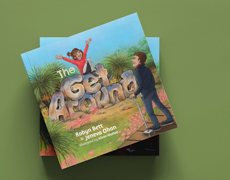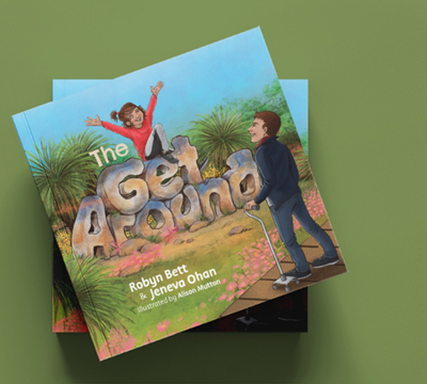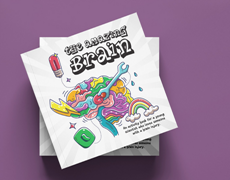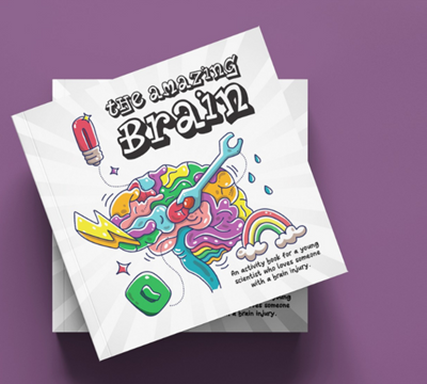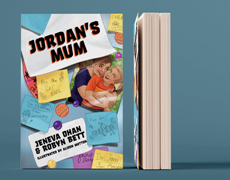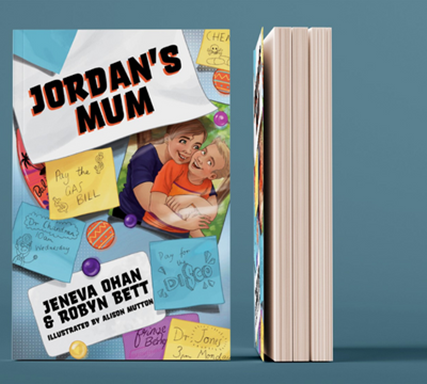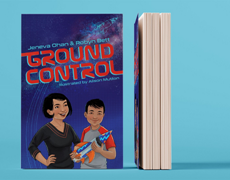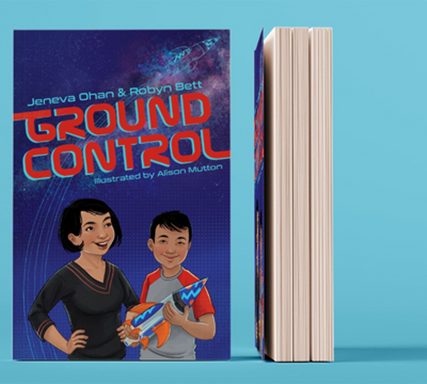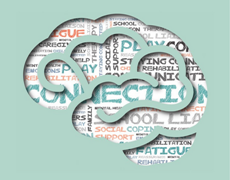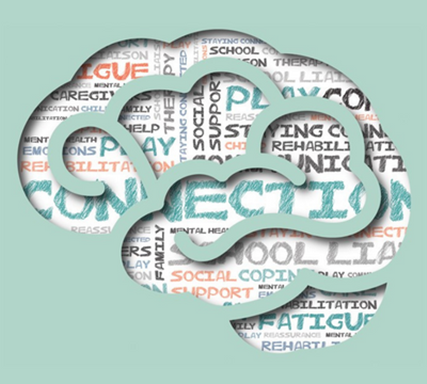Supporting children, youth and young adults impacted by a family member with Younger Onset Dementia or Acquired Brain Injury
- The life of a young person is changed by a parent’s diagnosis of younger onset dementia (YOD) or acquired brain injury (ABI).
- This study partnered with families and professionals to understand the impact of parental injury and illness on dependent children and young adults.
- The research found that while young people experience many challenges they can be helped to cope when their needs are recognised and addressed.
- One outcome from the research has been the creation of guides providing recommendations and strategies for adults who want to support a young person coping with parental ABI or YOD.
- Websites and publications from around the world are listed that can help adults and children understand and communicate together about the impact of parental ABI or YOD.
- A children’s picture book and two novels for young readers have been published as part of this study featuring characters living with the changes that parental ABI or YOD brings into their lives. A workbook to help younger children learn about the brain and brain injury has also been produced.
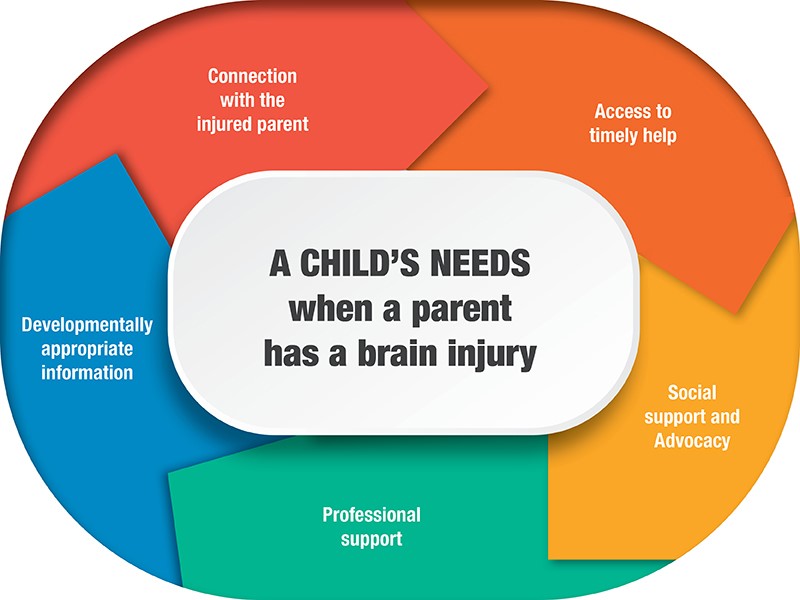
-
The Genesis - Why did we do this research?
Currently, children and young people with an affected parent struggle with ad-hoc support and a lack of appropriate resources tailored to supporting their needs.
Hospitalisation and medical treatments disrupt family roles, routines, and family relationships. Many children and young people also contend with the progressive decline and the life-threatening nature of their family member’s illness.
Further, while children who develop mental health problems may be referred to mental health services, these services are directed at the mental health symptoms, and do not address the unique challenges these families face.
-
The Methods - How did we do this research?
1) Resource and website evaluation
2) Systematic literature review
3) In-depth interviews with clients, parents, children and health professionals
4) Qualitative observations by clinical psychologists
5) Development of resources and materials
6) Professional development seminars and workshops
7) Survey of health professionals.
-
The Results - What did we find and what does this mean?
- Children needed to make adjustments to their lives and relationship with parents.
- Child feelings and emotions were significantly impacted, feeling alone and different, and experiencing an ongoing sense of loss.
- Challenges communicating about parental ABI and YOD.
- Interruptions to child development.
- Children need adults to understand their needs and to respond in a timely way.
- Children need connection with the affected parent.
- Children need social and professional support.
- Children need developmentally appropriate information.
- Isolated solutions implemented at a single time point would not reach many children or assist professionals.
- Gaps were found in age-appropriate and quality resources.
- Resources to fill these gaps were developed in consultation with families and professionals, and designed to readily be integrated into routine care. Specifically, 4 children’s books, professional guides, and matrix of evaluated resources, websites and interventions.
-
The Outputs, Outcomes & Translation
Matrix of recommended resources, websites and interventions:
- Resources for children, adolescents and young adults with a parent who has a brain injury
- Resources for children, adolescents and young adults with a parent who has younger onset dementia
The children’s books published as a result of our research support children and young people to feel understood, connected and recognised.
Resources were also developed for affected parents, co-parents and professionals to encourage a consistent approach when supporting affected children:
- Helping children and adolescents when a parent has a brain injury - A guide for parents, caregivers and professionals
- Helping children and adolescents when a parent has younger onset dementia - A guide for parents, caregivers and professionals
The children’s books and further resources are now included as part of routine care with Brightwater. They serve as ongoing support for children and young people, supplementing care they may receive in the community.
-
The Next Steps
Continue professional seminars.
Dissemination of findings and resources to the community.
Work with sector-wide services and stakeholders that support impacted families.
-
Further Information
For any further information, please contact [email protected]
The Resources
Reports and Findings
Citation:
- Bett, R.& Ohan, J. (2021). The Get Around (A. Mutton, Illus.). Brightwater Care Group.
- Bett, R. & Ohan, J. (2021). The Amazing Brain (J. Low, Illus.). Brightwater Care Group.
- Bett, R. & Ohan, J. (2022). Helping children and adolescents when a parent has a brain injury. A guide for Parents, Caregivers, and Professionals. Brightwater Care Group, Perth, WA, Australia.
- Bett, R. & Ohan, J. (2022). Helping children and adolescents when a parent has younger onset dementia. A guide for Parents, Caregivers, and Professionals. Brightwater Care Group, Perth, WA, Australia.
- Ohan, J. & Bett, R. (2021). Jordan’s Mum (A. Mutton, Illus.). Brightwater Care Group.
- Ohan, J. & Bett, R. (2021). Ground Control (A. Mutton, Illus.). Brightwater Care Group.
- Ohan, J. (2022). School advocacy guide. Responding to needs of young people when a parent has dementia or brain injury. Brightwater Care Group.
Keywords:
Acquired Brain Injury, Younger Onset Dementia, Children, Young People, Supporting Families
Abstract:
When adults receive a major injury, or are diagnosed with a disabling illness, it is easy for dependent children’s needs to be overlooked. Our research highlighted the impact of a parent’s diagnosis of acquired brain injury or younger onset dementia on dependent children and youth (0-24).
People Involved
Dr Angelita Martini, Brightwater Research Centre
Associate Professor Jeneva Ohan, UWA, Psychological Science
Robyn Bett, Clinical Psychologist
Research Conducted By
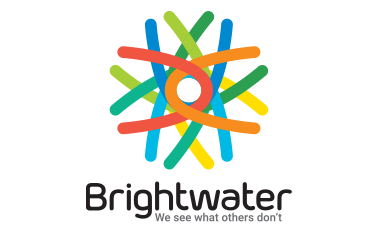

Research Funded By
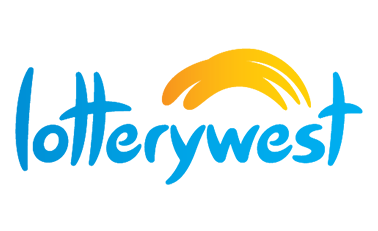

About Brightwater's Research Centre
Brightwater recognises the important role that research plays in improving the lives of our clients, as well as the health of the broader community.
Our dedicated research centre strives to promote a research culture that reflects Brightwater’s mission; one that is informed by the knowledge and experience of clients, staff and collaborators, and is underpinned by evidence that can be translated into real-world outcomes through practice, policies and processes.
Our research priorities include brain health, ageing well, brain injury rehabilitation, independence, dementia care, quality of life, Huntington’s Disease and nutrition.
